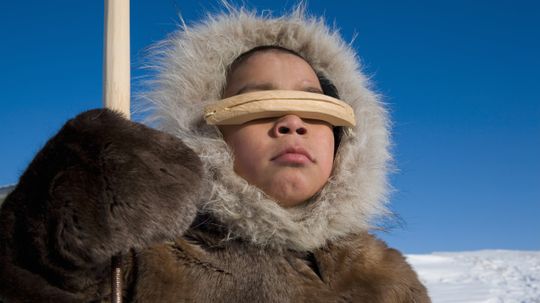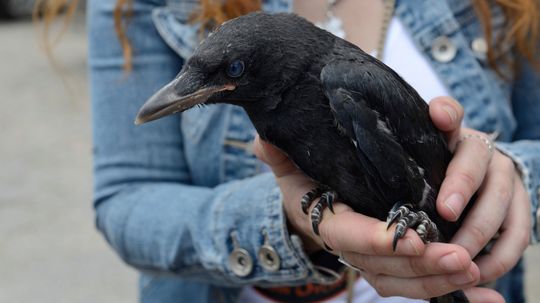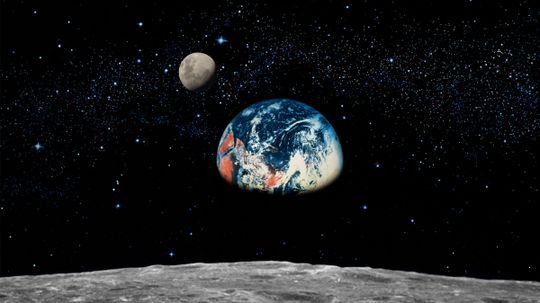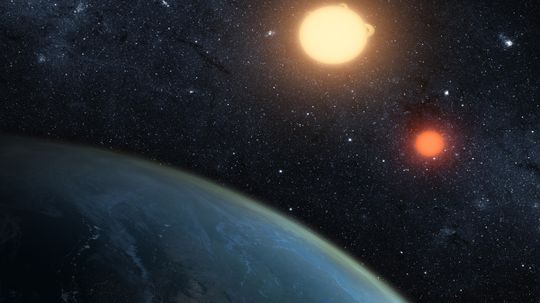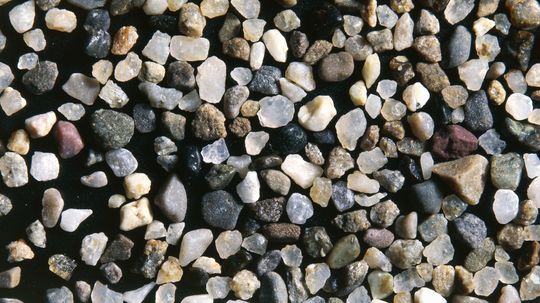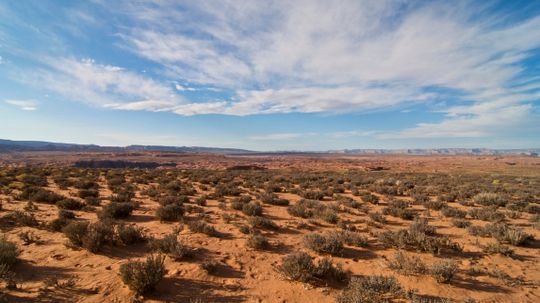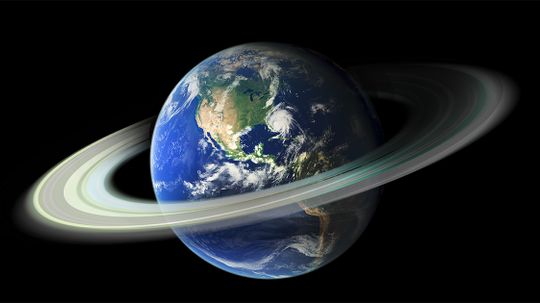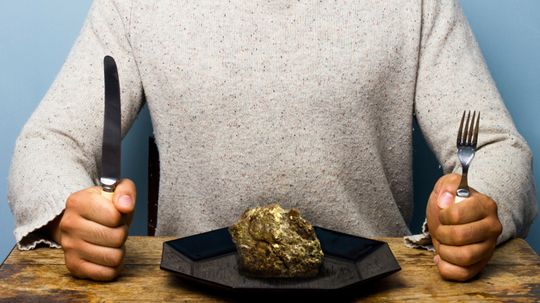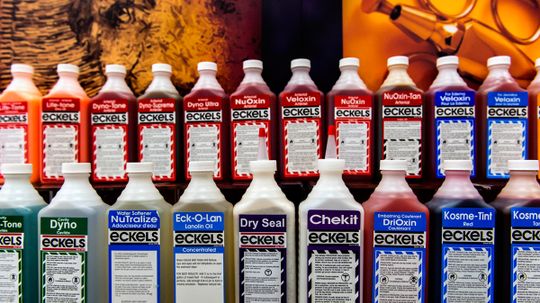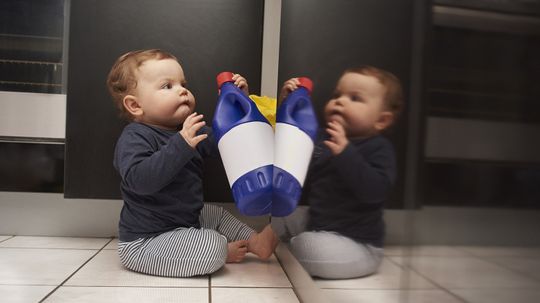Science Versus Myth
Are vampires real? What is an out-of-body experience? Are crop circles proof that aliens exist? HowStuffWorks explores what is real and what is urban legend with this collection of Science Versus Myth articles.

Top 10 Ghost Tours

Top 10 Hotels That Will Scare the Daylights Out of You

What's So Scary About The Winchester House Story?

The Meaning and Significance of Angel Number 555

Quiz: Test Your Knowledge of These Debunked Conspiracy Theories

Is suicide more common around holidays?

Understanding the Profound Meaning of Angel Number 909

The Mystical Meaning of Angel Number 727

1818 Angel Number: Unlocking the Path to Abundance and Success

Is the Bondo Ape a Cryptid or a Specially Adapted Chimpanzee?

The Yeti, aka Abominable Snowman: A Classic Cryptid
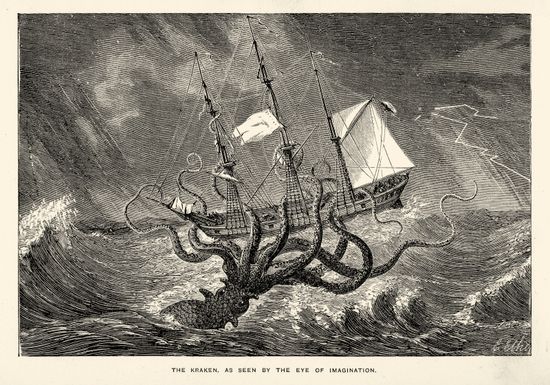
A Deep Dive on the Kraken, a Shipwrecking Sea Monster

What's Going on With Detroit's Mysterious Zug Island?

10 Unidentified Sounds That Scientists Are Seriously Looking Into

10 Famous Paranormal Hoaxes

What If Cows Didn't Exist?

What If Earth's Magnetic Field Flipped?

What If Humans Could Breathe Underwater?
Learn More / Page 10
Picture the smells of a warm, sunny day in July. To your left, a neighbor is barbecuing. To your right, someone has put a warm apple pie on the windowsill to cool down. Smells great, right? So how does sunshine factor into all of this?
From tropical islands to arctic tundra, we humans appear capable of living just about anywhere. But do different groups of people fare better in certain types of climates, or are we just really good at adapting to the environment around us?
Our early ancestors, enjoying the effects of rotten fruit, had stumbled onto something big. How did alcohol serve as a nutrition source and, some believe, help motivate hunters to take up farming?
Advertisement
There'd be some sacrifices. But bird-people society would have its advantages: interchangeable parents, sophisticated gardening skills and a close relationship with trees.
Income inequality contributes to societal ills. Would mandating equal paychecks for all improve the situation or lead to work-shirking and massive government?
When it comes to eating certain questionable foods — like unrefrigerated potato salad — most of us know to stay far away. But what about moldy bread? If you cut the offending areas off, is it a risk worth taking or a ticking time bomb?
Say a guy mistakes "the Pill" for a breath mint. Is he going to have any lasting side effects if he takes one? What about if he took it regularly?
Advertisement
Tons of planets have more than one moon. Heck, Jupiter and Saturn have more than 50 each, and they seem to be doing just fine. So why is it that the idea of a second moon for Earth has scientists throwing up red flags?
Double the suns means double the suntan, double the solar energy and double the awesome sunsets, right? Well, not exactly. Having two suns might sound fun, but it would probably make for a pretty different environment here on Earth.
We all know what Viagra does and why men use it — not to mention how much money this particular prescription drug has made over the years. But does it improve sexual health for women, too?
The Earth is a pretty stalwart planet, having survived billions of years of punishment at the hands of asteroids and other cosmic bodies. But could it withstand more than 7 billion people jumping up and down in unison? Do we even want to find out?
Advertisement
She's a Disney princess, a Starbucks Coffee logo and a metaphor for transformation. Occasionally, she's even "photographed." Why are humans so fascinated with these creatures?
By Julia Layton
If minerals make up so much of the Earth, why would we ever face shortages? The availability of the resources we use to create products often depends more on our priorities than the planet's supply.
People would look underground for water and maybe just stay there to escape the fiery hell on Earth's surface. But could humanity really last without the seas?
Sure, Saturn's luminous rings are a cosmic marvel, but did you know that Earth once had rings? If we still had them today, what would they look like?
Advertisement
The undead are frightening, brain-hungry monsters, lumbering toward their victims with great purpose. But wait. Can they even digest brains?
Your dog just swallowed a plate full of chicken bones. Is he really in serious danger? The short answer: yes. Find out why you need to get him to a vet immediately.
By Jeff Harder
Figuring out how to deal with rising sea levels isn't some kind of purely academic exercise. It's happening. So how do we deal with it, especially if the sea rises a foot in our lifetime?
By Jeff Harder
You would probably be pretty freaked out if you ate uranium, right? Well, if you've ever eaten a potato or turnip, you may already have done so. How does your body deal with this radioactive substance?
By Jeff Harder
Advertisement
Feel like drinking a nice, big glass of embalming fluid? We didn't think so. But what would happen if a living person poured into his or her body something meant for the insides of the dead? Nothing good.
By Jeff Harder
A small amount of household bleach, while it sounds gross, probably won't harm you. But what happens if you drink more than that?
Yes, you can eat marijuana, but turns out it can provide a much different -- and possibly more potent -- high than when you smoke it. Read on to find out ingested marijuana's effects on the body.
By Jeff Harder
The speed of light is like that annoying friend who beats you at every game. What would happen if humans one day surpassed the cosmic speed limit?
Advertisement
It's one of those fantastic things you may have wished for at one point, like, say peace on Earth, but would a world full of cures be radically different from the one we know, or not so much?
While organizations around the world are fighting to end famine, so far, no one has come up with a game-changer. Why does famine happen in the first place, and what would a hunger-free world be like?

